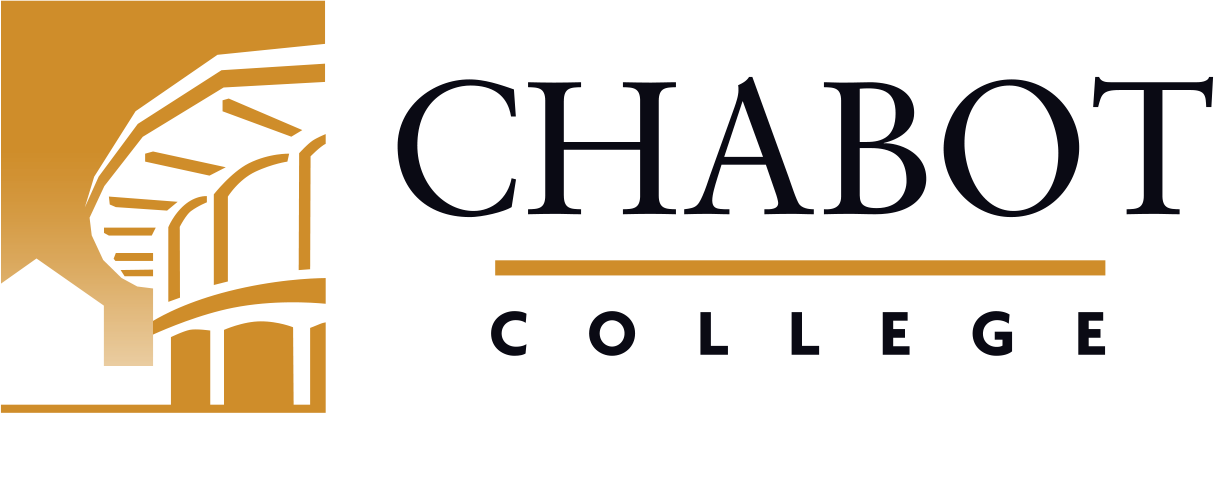
Course Outline for Sociology 6
Introduction to Gender
Effective: Fall 2022
SLO Rev: 12/21/2016
SLO Rev: 12/21/2016
Catalog Description:
SOCI 6 - Introduction to Gender
3.00 Units
This course offers students a sociological analysis of the social construction of masculinity and femininity through history and cultures. Examines the debates on sex and gender and questions conventional gender assumptions and expectations. Students will have an opportunity to analyze the impact of economic and political change on gender expectations and practices. In this course students will analyze how institutions shape, enforce, and produce difference and inequality based on gender and sexuality, and they will also focus on how individuals are socialized and how they “do” and practice gender. In this course, students will also examine how the concept of gender changes as it intersects with race/ethnicity, class, and sexuality. Additionally, students are encouraged to incorporate their own sociocultural background and experiences to explain and analyze the influence of gender on their lives.
NONE: .
2208.00 - Sociology
Optional
| Type | Units | Inside of Class Hours | Outside of Class Hours | Total Student Learning Hours |
|---|---|---|---|---|
| Lecture | 3.00 | 54.00 | 108.00 | 162.00 |
| Total | 3.00 | 54.00 | 108.00 | 162.00 |
Measurable Objectives:
Upon completion of this course, the student should be able to:
- Compare and contrast sociological perspectives used to interpret gender relations;
- Differentiate between the terms sex and gender and discuss their differences within the larger social context of gendered relations;
- Identify the main agents of gender socialization and their impact on children’s and adults’ gender construction;
- Describe gender ideology and practices in multiple social institutions and across cultures and societies;
- Identify the interplay of race, ethnicity, class, and sexuality affecting gender relations;
- Outline the process by which people negotiate power and gender boundaries through their relationships with others;
- Identify social and political movements to change gender inequalities and gender practices;
Course Content:
- Introduction to the study of Sociology of Gender
- Theoretical paradigms, interdisciplinary perspectives
- sociological perspectives used to interpret gender relations
- Research methods in the study of gender
- Gender intersections with race/ethnicity, class, sexuality, and religion
- Gender development, biology, and psychology
- Cultural constructions of sex and gender
- sex
- gender
- social context of gender relations
- Gender and the socialization process
- agends of gender socialization
- family
- school
- media
- peer group
- impact on gender construction
- Gendered langauge, socialization, and language development
- Gender and social interactions
- power dynamics
- performance
- Masculinities
- Femininities
- Gender fluid
- Gender nonbinary
- Global and multicultural perspectives on gender
- gender ideology and practices in multiple social institutions and across cultures and societies
- Gender roles, marriage, and the family
- Gender and social institutions
- gender and the workplace
- gender and education
- gender and media
- gender and religion
- power, politics, and social movements
- impact on gender inequalities and gender practices
Methods of Instruction:
- Audio-visual aids
- Guest Speakers
- Lecture/Discussion
- Distance Education
- Written assignments
- Student Report
Assignments and Methods of Evaluating Student Progress:
- Group Project: Analyze the depictions of male and female characters in children’s books, and examine how children’s books reinforce heterosexuality and the gender binary.
- Homework: Read and analyze articles on the experiences of minority women and LGBTQ+ individuals in the family.
- Group Project: Analyze the Feminist movement from its inception to its current state.
- Advertising Activity: Using examples from current advertisements analyze the images of women and men in the media and the implications of this portrayal
- Household Equality Exercise: Observe family units and critically analyze your observations and compare these to the current research findings
- Exams/Tests
- Quizzes
- Exercises
- Projects
- Group Projects
- Homework
- Final Examination
- Research Projects
Upon the completion of this course, the student should be able to:
- Explain the social construction of gender.
- Explain how institutions are gendered and shaped by gender.
- Explain the social consequences to gender inequality.
Textbooks (Typical):
- Kimmel, Michael (2016). The Gendered Society (6th). -Oxford University Press.
- Ryle, Robin R. (2020). Questioning Gender (4th). -Sage.
- Wade, L., Ferree, M. (2019). Gender: Ideas, Interactions, Institutions (2nd). -WW Norton.
- Free online textbook: Introduction to Women, Gender, Sexuality Studies By: Miliann Kang, Donovan Lessard, Laura Heston, and Sonny Nordmarken 2017 University of Massachusetts Amherst Libraries Amherst, Massachusetts http://www.oercommons.org/courses/introduction-to-women-gender-sexuality-studies/view
Abbreviated Class Schedule Description:
This course offers students a critical examination of the way society shapes our ideas of gender and sexuality, including definitions of masculinity and femininity. Students will learn how our society creates gender difference, a gender binary, and gender inequality. A focus will be on how the concept of gender changes as it intersects with race/ethnicity, class, and sexuality and the impact of socio-economic and political change on gender expectations.
NONE: .
Discipline:
Sociology*